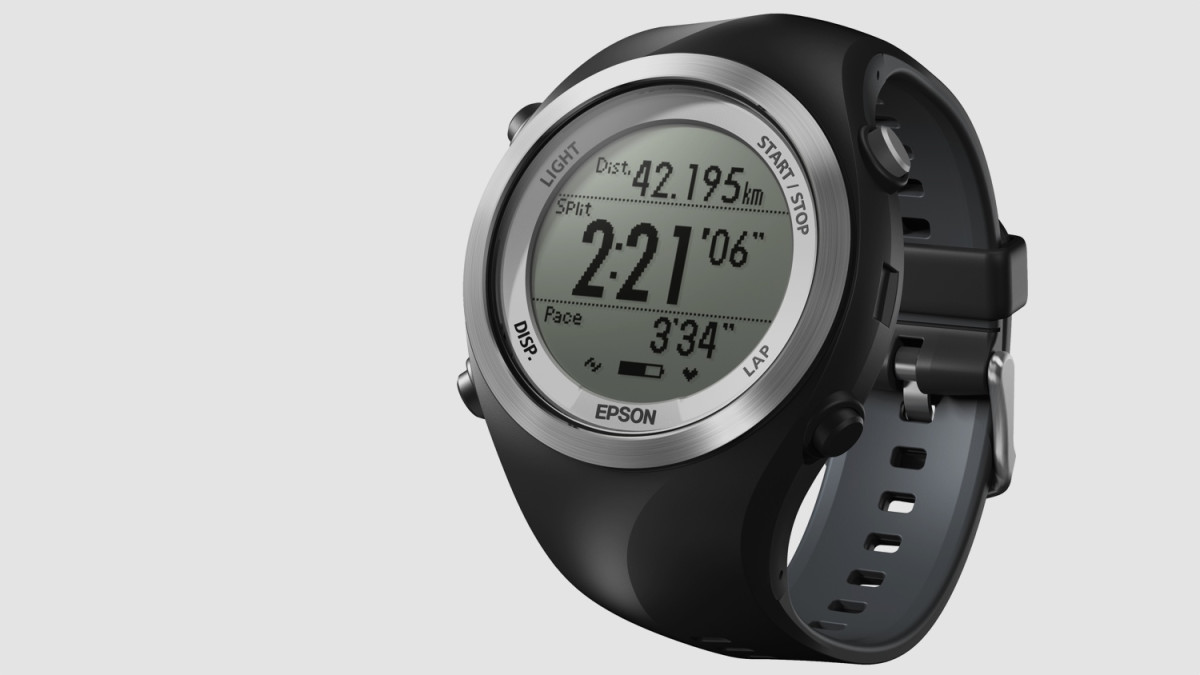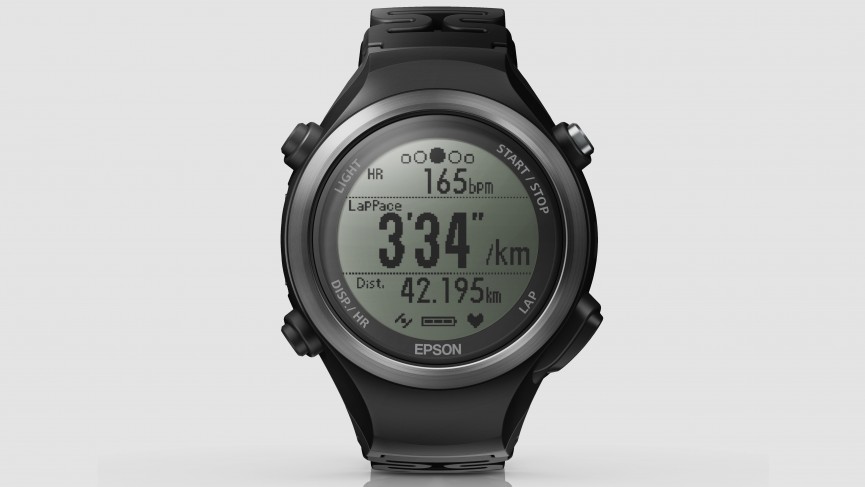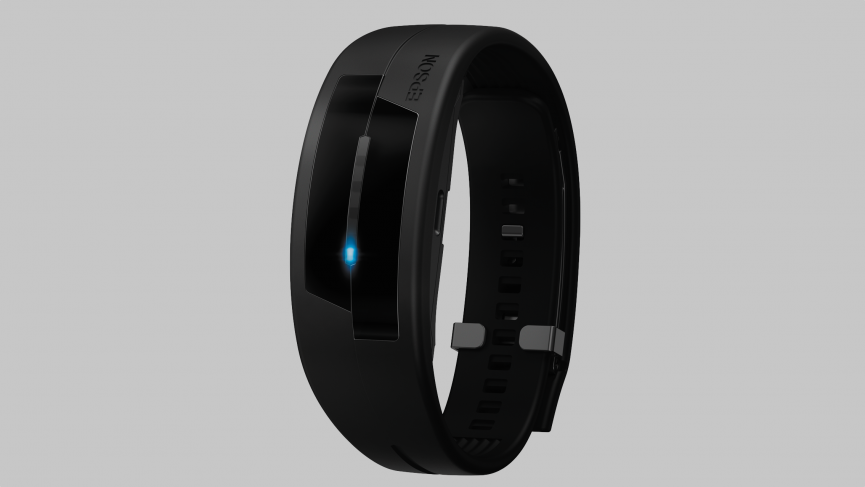
Epson has announced two new ranges of watches, aimed at runners and those who want to lead a healthier lifestyle.

As well as tracking distance, pace and time spent, the Epson Runsense will also use smart technology to track other metrics such as stride length and foot pitch.
GPS is an essential ingredient for a
quality running watch – and one that's all too often overlooked by
manufacturers – so Epson's off to a strong start. We're also pleased to see
plenty of extra information beyond the standard distance.
There's no built-in heart rate tracking here – which is odd given that optical sensing of pulse rate is the selling point of Epson's activity monitor (read on for details), but the Runsense is compatible with heart rate monitors, and will merge this data in with its own stats.
The range comes in three models, all with mind-numbingly dull and confusing names: The entry level SF-310 (£149.99) offers basic fitness tracking, the SF-510 (£189) incorporates tap the smart stride sensor technology. The SF-710 (£229) features highly customisable interval, pace and lap training features, and a load more data.
Epson also boasts that the Runsense will last 30 hours of continuous GPS tracking – seriously envious longevity.
Epson Pulsense

The Pulsense is Epson's more general fitness an well-being tracker, aimed less at serious runners and more at the activity band market.
Unlike other bands, however, the Pulsense uses an optical sensor to monitor the blood pumping around your body to keep tabs on your wellbeing.
It will record your daily activity and sleep using that data, just like a fitness band. What's more, the device acts as a smart alarm. This will wake you up in lighter parts of your sleep cycle, which should leave you feeling more refreshed in the morning.
Again, there are two models of Pulsense: The PS-100 is £130 and seems critically hobbled with a simple screen that shows little of the relevant data without connecting to the app. That makes the obvious choice the more expensive PS-500, which comes in at £170.
How we test
